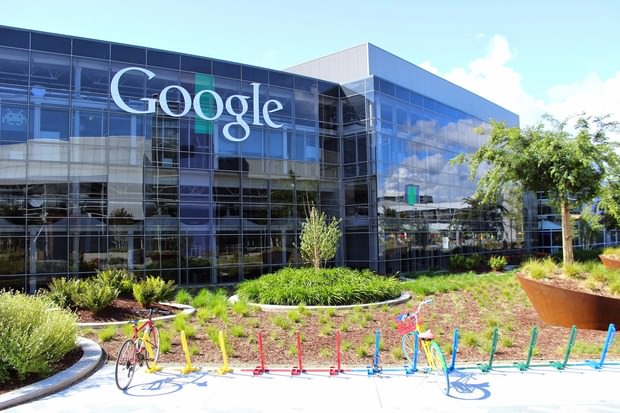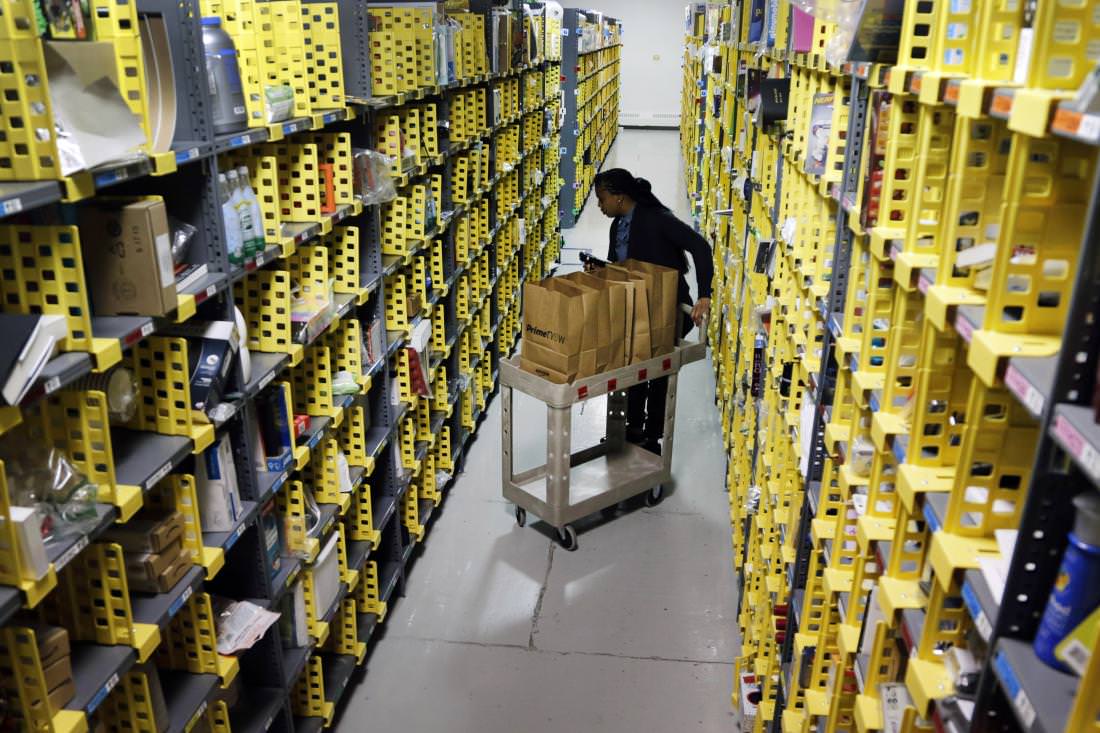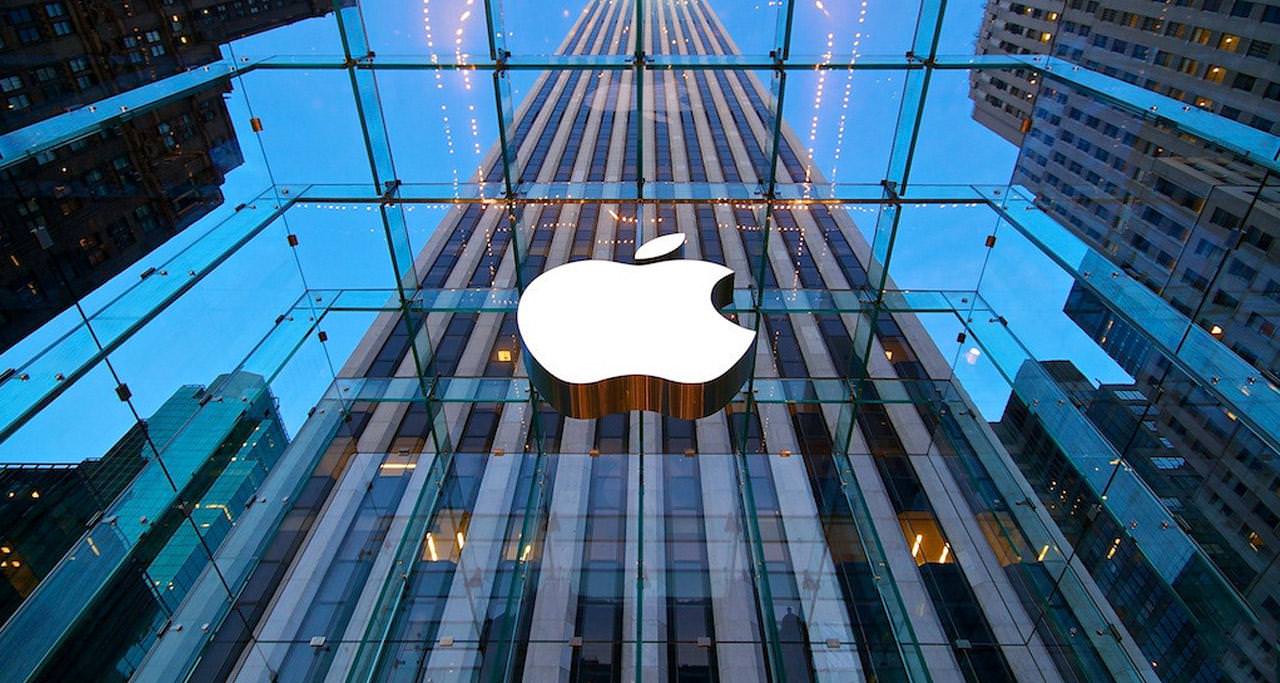While tax avoidance is technically legal, we still frown on the companies that do it, especially those that are so rich they could easily pay a lot more tax than what governments ask of them. It’s surprising that many companies still try to avoid paying tax, especially when they get publicly named and shamed for doing so.
-
Google
Google hasn’t always paid the taxes it should in the UK. In fact, it recently came out that Google are paying the UK three times less tax money than France. This is despite the fact that in the UK, Google has many more staff and does a lot more business. The company are paying £130 million in tax to the UK, though many are unsatisfied and claim the company should be paying a lot more.

-
Amazon
British shoppers contributed some £5.3 billion in sales for Amazon in 2014, though Amazon only paid £11.9 million in tax. Amazon EU Sarl, a branch of the company based in Luxembourg, used to handle most of the company’s European sales so the company could avoid paying large amounts of tax. Following a clampdown, Amazon abandoned this practice and started paying tax on its UK sales.

-
Starbucks

In 2015 Starbucks was another company whose tax avoidance schemes came to light. The company agreed to abandon its practices and start being more transparent with its earnings. Starbucks went ahead and paid £8.1 million in corporation tax on £405 million in sales in 2015; however, what’s shocking is that from 1998-2014, the company only paid little more than that – £8.6 million to be precise – despite generating over £3 billion in sales over that same period of time!
-
Facebook

Facebook is another huge company that’s been carrying out tax avoidance practices. In 2014, the company paid the measly sum of £4,327 in corporation tax. This works out at less than the average British employee pays for their annual tax bill. Facebook was able to do this because it paid out over £35 million to its 362 UK staff as part of a share bonus scheme. The large amount of money paid to the meant Facebook actually made an accounting loss that year, so was able to get away with paying so little in tax.
5. Apple

Apple generated nearly £2 billion in UK sales in 2014 and should have paid around £400 million in corporation tax, however the company managed to get round this and only paid £11.8 million. One of the ways the company is able to do this because it funnels lots of its sales through Ireland, where tax rates are lower than in the UK.
